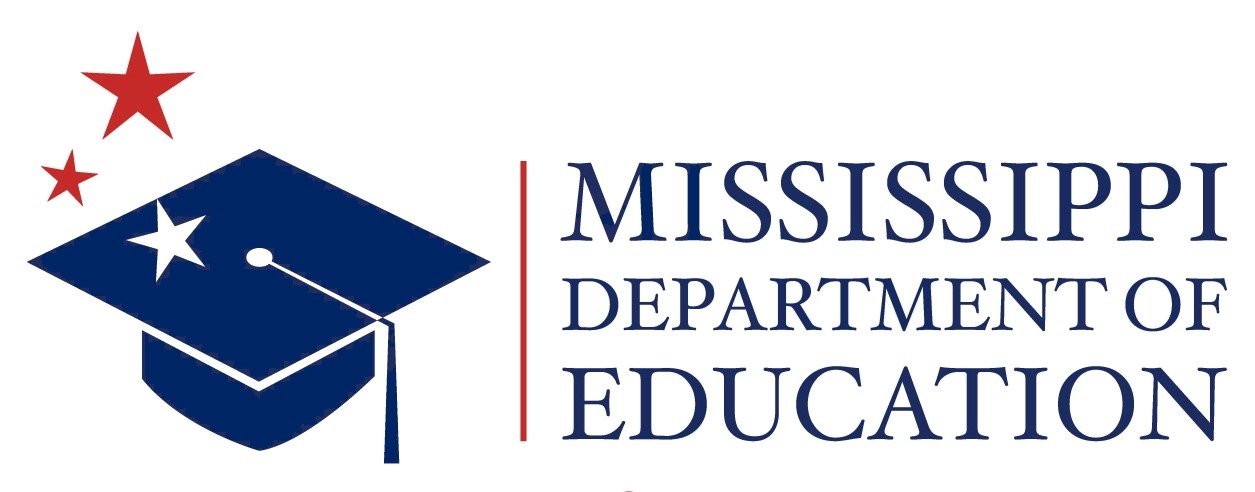NEWS RELEASE
For Immediate Release: January 28, 2021
JACKSON, Miss. – Six schools in Mississippi have earned the College Board AP® Computer Science Female Diversity Award for achieving high female representation in AP Computer Science A (CSA) and/or AP Computer Science Principles (CSP). Schools honored with the AP Computer Science Female Diversity Award have expanded girls’ access in AP computer science courses.
Out of 20,000 institutions that offer AP courses, these six schools are among 1,119 to achieve either 50% or higher female representation in one of the two AP computer science courses or a percentage of the female computer science examinees meeting or exceeding that of the school’s female population during the 2019-2020 school year:
Computer Science Principles Award:
- Columbia High School, Columbia School District
- Northwest Rankin High School, Rankin County School District
- Ocean Springs High School, Ocean Springs School District
- Ridgeland High School, Madison County School District
- William B. Murrah High School, Jackson Public Schools
Computer Science Principles Award and Computer Science A Award:
- Pass Christian High School, Pass Christian School District
“During an unprecedented year, Mississippi female students have demonstrated perseverance and dedication in their study of AP Computer Science,” said Dr. Carey Wright, state superintendent of education. “We could not be more proud of Mississippi’s female students for staking their claim as the next generation of STEM and computer science professionals. We can’t wait to see their passion for next generation technology lead to lifelong success.”
“Today’s students need the power to shape technology, not just cope with it,” says Stefanie Sanford, College Board chief of global policy and external relations. “Young women deserve an equal opportunity to become the next generation of entrepreneurs, engineers and tech leaders. Closing the gap in computer science education empowers young women to build the future they want.”
The first year of AP Computer Science Principles in 2016-17 attracted more students than any other AP course debut, and participation is on the rise. In 2020, more than 116,000 students took the AP CSP Exam—more than double the number of exam takers in the course’s first year, and a 21% increase over the previous year. In 2020, 39,570 women took the AP CSP exam, nearly three times the number who tested in 2017.
Providing female students with access to computer science courses is critical to ensuring gender parity in the industry’s high-paying jobs and to drive innovation, creativity, and representation. The median annual wage for computer and information technology occupations was $88,240 in May 2019. However, a code.org analysis of 2017 Bureau of Labor Statistics data finds women represent just 24% of the 5 million people in computing occupations.
That’s why new College Board research about AP CSP is so encouraging. According to the data, female students who take AP CSP in high school are more than 5 times as likely to major in computer science in college, compared to similar female students who did not take CSP. The study also finds AP CSP students are nearly twice as likely to enroll in AP CSA, and that for most students, AP CSP serves as a stepping-stone to other advanced AP STEM coursework.
These findings make it all the more imperative that schools nationwide achieve gender parity in AP Computer Science classrooms. The 1,119 schools that receive this year’s AP Computer Science Female Diversity Award should serve as inspirations and models for all American high schools, where overall, female students remain under-represented in computer science classes, comprising just 34% of AP Computer Science Principles participants. So there is a long way to go to achieve equal gender representation in the field of computer science. Currently, less than half of the nation’s high schools teach foundational computer science, a clear opportunity to be addressed by strong partnerships between policymakers, the tech industry, and educators.
Media Contact:
Patrice Guilfoyle, APR
Director of Communications
601-359-3515
pguilfoyle@mdek12.org
Jean Cook, APR
Director of Public Relations
601-359-3515
jcook@mdek12.org



